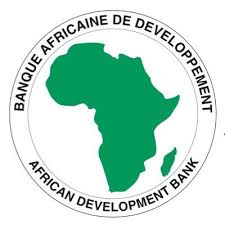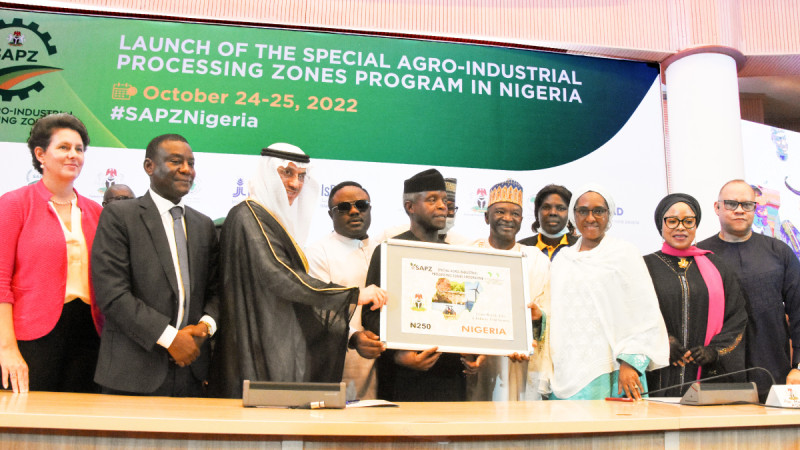The African Development Bank has onboarded 21 states for the second phase of its Special Agro-Industrial Processing Zones Programme. The Imo State Governor, Hope Uzodinma, revealed this to State House Correspondents after the 146th meeting of the National Economic Council at the Aso Rock Villa, Abuja.
Uzodimma said that with projects of the programme’s pilot phase—in Kano, Kaduna, Kwara, Oyo, Ogun, Imo, Cross River States, and the Federal Capital Territory—at various stages of completion, “phase two is about to start.”
“Impressed by the programme, two weeks ago, there was a stakeholders meeting that onboarded an additional 21 states, so the Council resolved and urged all the states to key into this programme because it is going to be a game changer, and it will go a long way in tackling the food security pursuit of the Federal Government,” he added.
On February 5, 2024, Senior Special Adviser on Industrialisation to the AfDB President, Prof. Banji Oyelaran-Oyeyinka, told Vice President Kashim Shettima that the pilot states would receive the first tranche of disbursements of $540m from the Bank to develop SPAZs.
The disclosure came nearly eight months after the AfDB President, Dr Akinwumi Adesina, first apprised President Bola Tinubu of a $520m investment in the zones.
At a two-day summit on A New Global Financing Pact in Paris in late June 2023, Adesina had assured Tinubu that the bank would support the new administration’s economic policies in Nigeria, placing the people first in development targets.
At the VP’s office, Oyelaran-Oyeyinka said the SAPZs, which plans to turn Nigeria’s rural landscape into economic zones of prosperity, is meant to “support inclusive and sustainable agro-industrial development in Nigeria.”
“The phase one of the project is at the point of disbursement. Kaduna, Oyo and Cross River States are all in the process of receiving disbursements and we hope that the other states can speed up their documentation so that we can fast-track these states.
“We raised $540m in catalytic funding and expect every state to find a partner to bring equity and join up with them. It is a government-enabled project but private-sector driven,” he explained further.
He also explained, “The next thing is preparation for phase two with 27 states. The demand is enormous, but we must prioritise those who move fast.
“We have set up eligibility criteria for the states and to rank them. We expect them to have a feasibility report, environmental impact study and a commitment to counterpart funding,” Oyelaran-Oyeyinka added.
According to the AfDB, the key expected outputs of the SAPZ Programme (Phase II) are the development of infrastructure for Agro-Industrial Processing Hubs, Agricultural Transformation Centers, irrigated lands; farm-to-market access roads; supply of certified agricultural inputs and extension services; skills development for farmers and Micro, Small and Medium Scale Enterprises, an updated agro-industrial zone policy and establishment of regulatory institution/special regulatory regime.
Similarly, the Council also urged its members to patronise the services of the National Agency for Science and Engineering Infrastructure, especially regarding the maintenance of farm machinery such as tractors.
This came as it received a presentation from the agency which outlined its initiatives in agriculture, science and technology while proposing partnerships with sub-national governments to advance solar power, rural electrification and other industrial developments.
Uzodimma explained, “They (NASENI) want to support manufacturing. They want to support land reclamation and seaport development. They will also make land accessible and encourage the public sector market and general infrastructure.
“As a matter of fact, they came up with different initiatives, repairing agro equipment and implements and repairing and manufacturing tractors to be powered by solar. The Council urged NASENI to help the state governments in repairing the broken-down tractors in different states and urged them to continue with this great initiative.”
“Impressed by this, most of the subnational governments have expressed willingness to, henceforth, partner and patronise in making sure that all these efforts and initiatives of theirs come to fruition.”










